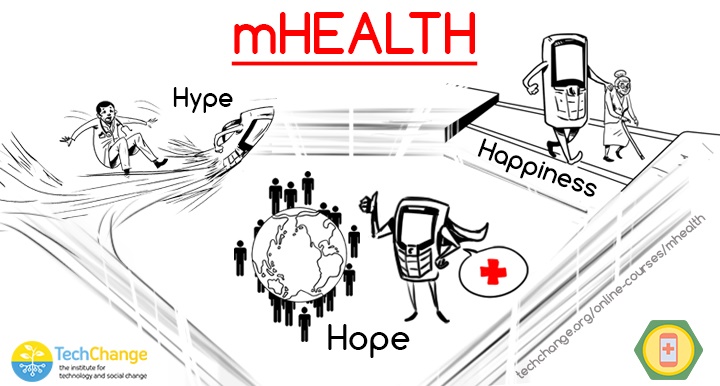This post is contributed by a guest author and does not necessarily reflect the opinions of TechChange or the TechChange staff
The development of a robust state is almost always tied to education. The mode of education that has been in fashion since colonialism favors the privileged teacher entering an underprivileged area and bestowing light upon the children, or adults as it may be. There are a few problems with this, not least the fact that really good teachers don’t often go to the places they are needed most.
Two interesting experiments suggest that those teachers aren’t needed; if the tools are given to children in developing areas, they will naturally teach themselves.
Suguta Mitra has recently developed what he calls Self Organized Learning Environments (or, SOLEs), which are designed for children in groups to utilize technology (e.g. high speed Internet, video calling, etc.) for self-teaching. The SOLEs stem from smaller experiments he conducted throughout the world with children being given nothing but the tool – no instruction on how to use it, no goal – to see just how much they could learn.
The first experiment sees a computer with a broadband connection placed into a slum of India. Within weeks, the children of the town are using the computer to teach themselves…well, anything. Some use it to record music and play it back. Others download games and teach friends how to play them. In one eye-opening example, Mitra places computers in a classroom, tells Tamil-speaking 12-year old children in a South Indian village to learn biotechnology in English, on their own. He explains:
“I called in 26 children… I told them that ‘there’s some really difficult stuff on this computer, I wouldn’t be surprised if you didn’t understand anything. It’s all in English and uh, I’m going.”
He returned two months later to see just what the children had learned and one girl responds, “Apart from the fact that improper replication of the DNA molecule causes genetic disease, we’ve understood nothing else.”
The idea that such a small catalyst — the introduction of a computer to a group with no prior experience/instruction — could blossom into the development of intellectual societies driven by a preternatural instinct to learn is reminiscent of emergence theory, which maintains that simple actions lead to complex systems.
Another such example of emergence theory in education comes in Neil Gershenfeld’s Fab Labs. His project deals in relatively low-cost labs – about $20,000 each – that allow people to build the things they need using digital and analog tools. The idea is that rather than using technology as a top down equalizer, giving people the technology will allow them to create solutions for themselves.
This is beginning to rattle the foundations of emerging economies who often depend on the aid – financial or otherwise – given by established countries. Now, rather than wait for someone to offer help, they can literally create their own. It’s particularly important in places where outsiders fail to understand the cultural dynamics of an area. Mitra’s SOLEs and Gershenfeld’s Fab Labs allow local economies to create local solutions, thereby empowering themselves.
Global technology is advancing swiftly. Software and information are becoming cheaper through cloud computing, which pushes the costs down further and simultaneously creates a wireless resource that people can tap into. As the cloud broadens and the technology revolution continues, so too will the revolution in education and the way we think about developing nations.
Thomas Stone is a freelance writer and frequent contributing author at gospel(s).



